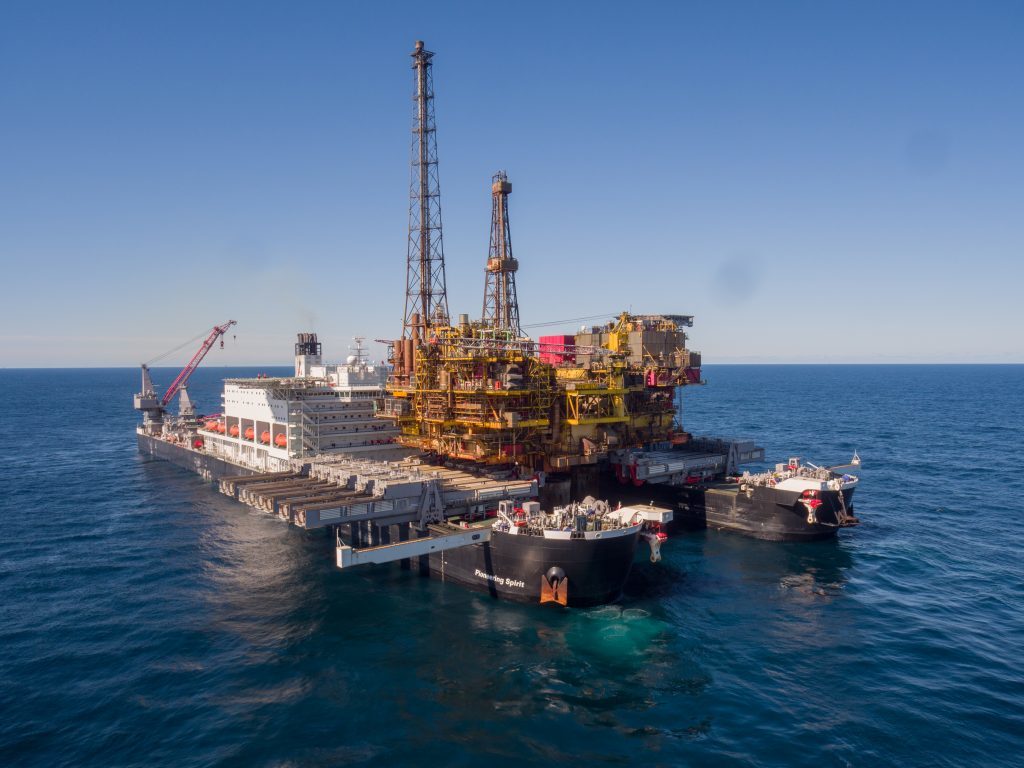
A decommissioning expert at the Oil and Gas Authority (OGA) said today that efforts to lower North Sea dismantling costs risked a clash with competition watchdogs.
Ian Fozdar, infrastructure decommissioning manager, said the OGA wanted to take a chunk out of the bill by being transparent about costs and benchmarking operators on their efficiency.
But Mr Fozdar said publishing overly specific information about the prices operators are paying for certain services, for example, well plugging and abandonment, risked “fixing” the market.
However, he said the OGA was well aware of the pitfalls and knew which information it was allowed to share with supply chain companies and operators.
Mr Fozdar said the OGA was “not on the phone” to the Competition and Markets Authority “every minute” checking which information is safe.
He said there was only a “low risk” of the OGA’s initiatives causing friction with competition watchdogs.
The OGA has estimated that the cost of decommissioning on the UK continental shelf will cost almost £60billion.
But the regulator has set a target of reducing the bill by 35% to around £40billion.
Speaking at the Offshore Decommissioning Conference at the Fairmont Hotel in St Andrews, Mr Fozdar said North Sea operators were already achieving very large reductions in running costs on their platforms, in some cases by up to 70%.
Mr Fozdar said industry had responded to the OGA’s cost reduction target in a “serious way”.
“The estimates we have seen show industry is learning rapidly,” he said.
Mr Fozdar said the cost of running a platform in the period between cessation of production and topside removal tended to be between £150million and £200million.
He said some companies had reduced those costs to £50million or lower.
“Companies are sharing good practice and we are helping with benchmarking to show where operators sit relative to peers in terms of cost efficiency,” he said.
He said lowering costs was “not rocket science”.
Mr Fozdar said companies were saving time and money by starting to plug and abandon wells ahead of cessation of production.
He also said operators were not afraid to ask difficult questions about whether certain pieces of infrastructure really need to be removed.
Recommended for you

